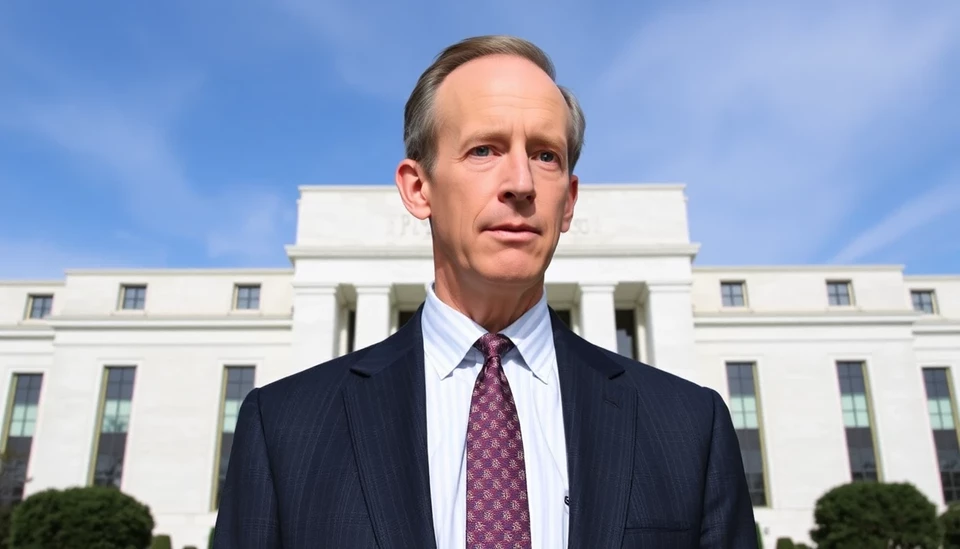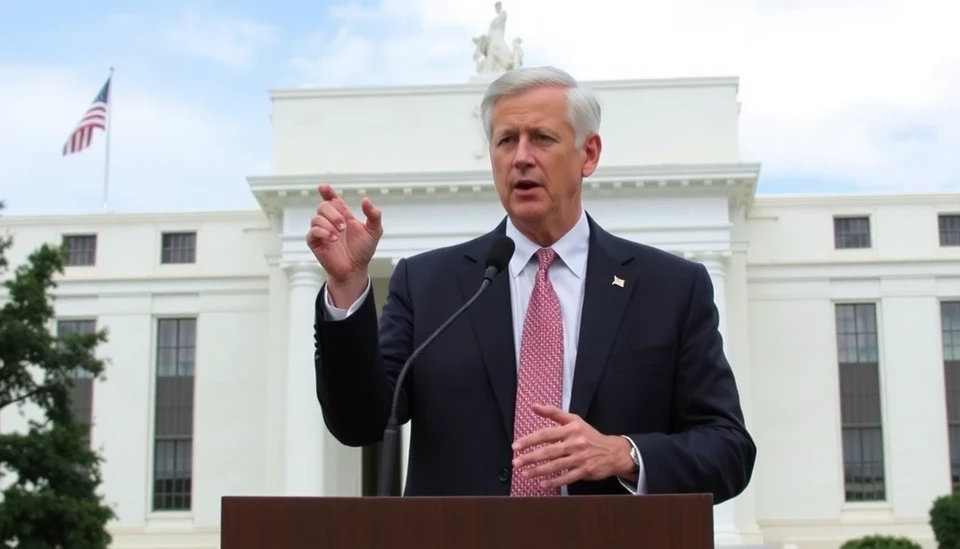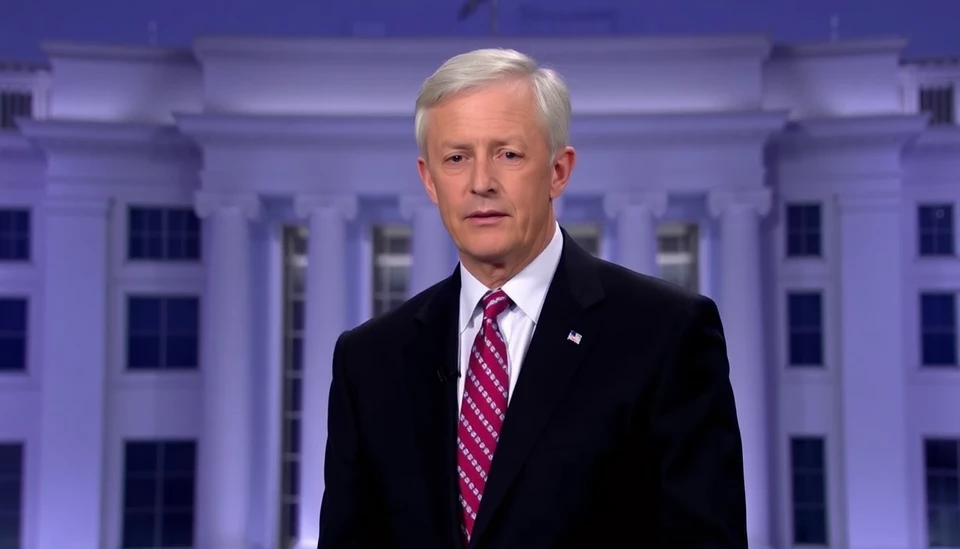
In a notable address, Federal Reserve Governor Austan Goolsbee raised alarms about the potential economic ramifications stemming from tariff hikes imposed on various imports. Goolsbee emphasized the risk of a significant reduction in consumer spending, which could follow these policy changes. His remarks come at a critical juncture as policymakers increasingly grapple with the balance between protecting domestic industries and fostering durable economic growth.
The centerpiece of Goolsbee's argument revolves around the idea that elevated tariffs often result in higher consumer prices, subsequently dampening household purchasing power. He articulated that when tariffs increase costs for businesses, these expenses are frequently passed on to consumers, leading to a contraction in consumer spending—an essential driver of the U.S. economy. Goolsbee’s comments underscore a broader concern shared by many economists that although tariffs may initially protect certain sectors, they can ultimately lead to unintended consequences that could destabilize the recovery from recent economic disruptions.
Highlighting historical data, he referenced periods when tariff impositions led to substantial pullbacks in consumer expenditure. The fear, he posited, is that while some industries may temporarily benefit, the adverse effects on overall economic activity could overshadow these gains, resulting in slower growth or even recession.
Moreover, Goolsbee pointed out that the Federal Reserve is closely monitoring these developments, suggesting that any shifts in consumer behavior—especially as they relate to spending—could inform future monetary policy decisions. He noted that the Fed's mandate involves fostering maximum employment and stable prices, which can be critically challenged by the ripple effects of tariff-induced inflation.
The timing of this address is especially relevant as the Biden administration has faced mounting pressure regarding its trade policies. Discussions about altering existing tariffs on goods from major trading partners are ongoing, as policymakers weigh the economic impact against the intended benefits of protecting local industries. Goolsbee's insights may prove pivotal in guiding the administration's trade strategy and avoiding detrimental economic outcomes.
As the nation navigates these complex economic waters, Goolsbee's warning serves as both a wake-up call and a reminder of the interconnectedness of international trade, domestic policy, and the everyday financial realities faced by American consumers.
The urgency of Goolsbee's message cannot be overstated; as the situation evolves, the ramifications of tariff policies will continue to be felt across a broad spectrum of the economy, from businesses to households. Stakeholders at all levels must remain vigilant and responsive to these changes—ensuring that the delicate balance between protectionism and economic vitality is maintained.
As this narrative unfolds, it will be essential for both policymakers and economists to keep a close eye on consumer trends and economic indicators that may signal a shift in the economic landscape, potentially influencing Federal Reserve's future actions and the overall health of the U.S. economy.
#FederalReserve #AustanGoolsbee #Tariffs #ConsumerSpending #EconomicForecast #TradePolicy #Inflation #EconomicGrowth #BidenAdministration
Author: Daniel Foster




